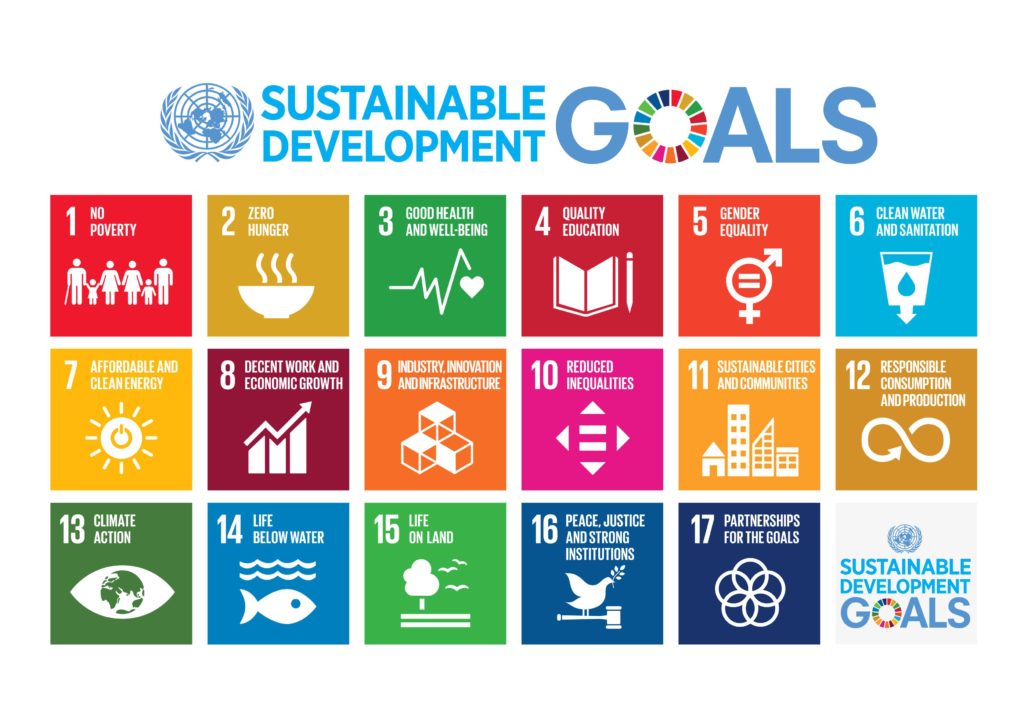Case Study

Attaining Sustainability Development Goals with Data and Analytics
How Systech helped a food and agro-based powerhouse align with the UN Sustainable Development Goals (SDGs) by tapping into data analytics to measure their progress and identify areas where they can improve.
Who we worked with:
A Singapore-based conglomerate specializing in food and agro-products.
What the customer needed:
Client is a leading agricultural company with operations in 65 countries around the world. As part of their corporate sustainability and responsibility (CSR) efforts, they wanted to track and measure their progress in various CSR activities. They were looking out for a unified view of their data to achieve better visibility and forecast future trends from the sustainability perspective.
What Systech delivered:
Standardized dashboards containing consolidated data from multiple sources providing actionable insights for investors.
Business Context:
- The client, in alignment with investor groups, initiated several infrastructural programs to meet the SDGs (Sustainable Development Goals) set out by the United Nations.
- Their projects ranged from providing better schools to water recycling across 65 countries in the coffee farm zones.
- To help improve the lives of ethnic coffee farmers in 65 countries, the client wanted to record and analyze the output of their Corporate Social Responsibility (CSR)

THE CHALLENGE
- Data unification was the first hurdle. The client needed to collect and standardize data from their CSR activities in 65 countries to provide clear visualization. This was challenging due to each country having distinct KPIs and the data being in different languages and file types.
- Identification of KPIs that were common to all the countries was also particularly challenging. Although all the other aspects were needed, the focus was to standardize the top 5 KPIs into the solution.
THE SOLUTION
To record and analyze the output of their Corporate Social Responsibility (CSR) initiatives across 65 countries, the client needed to unify the data, standardize KPIs and focus on collating data for accounting purposes. Systech Solutions was entrusted to help create a corporate-wide CSR dashboard to analyze the impact of each program in specific regions.
Systech launched an analytics project to collect data from all 65 countries on their CSR activities. This data was then consolidated and analyzed to show the progress of the company’s overall CSR activities under the eight United Nations Sustainable Development Goals (UN SDG) – Economic Opportunity & Inclusion (SDG1), Zero Hunger (SDG2), Quality education (SDG4), Clean water and sanitation (SDG6), Decent work and economic growth (SDG8) and life on land (SDG15).
The data collection process involved working closely with teams in each country to gather relevant information on a wide range of CSR activities, including environmental conservation, community development, and employee well-being. This required the development of a standardized data collection process to ensure that all data was consistently collected and reported. Systech processed several gigs of data from various sources, including different languages and formats, through data pipelines and intermediate plug-ins.
Once the data was collected, it was consolidated and analyzed using advanced analytics tools and techniques and then transformed into a unified format – laying the foundation to creating project profiles for each country. These profiles included the name of the project, its objectives, the SDGs it focused on, and its commercial and sustainability outcomes and allowed the company to track their progress over time and identify areas where they were making the greatest impact.
The results of the analytics project were presented to the leadership team and partners, who used the insights to inform their CSR strategy and make informed decisions on where to focus their efforts.
THE BENEFITS
- The dashboards created by Systech Solutions helped the client collate and report information to investor groups in a cohesive format, increasing investor involvement in the system.
- The dashboards also provided insights into the data structure and helped streamline the investment process and maximize profitability.
- Systech was also able to use the data to predict future trends, allowing the client to attract similar businesses as clients.
- Overall, the dashboards helped improve visibility and provided meaningful insights into the spread and status of the project, allowing for identification of areas of improvement.
THE BUSINESS IMPACT
Mandates from COP-27 encourage businesses to incorporate sustainable principles into their processes to attract like-minded partners, gain visibility in the market, and receive monetary benefits. The dashboards created by Systech Solutions will help the client move their entire business investment towards a sustainable process in the coming decades, resulting in a mutually beneficial ROI for all parties involved.

